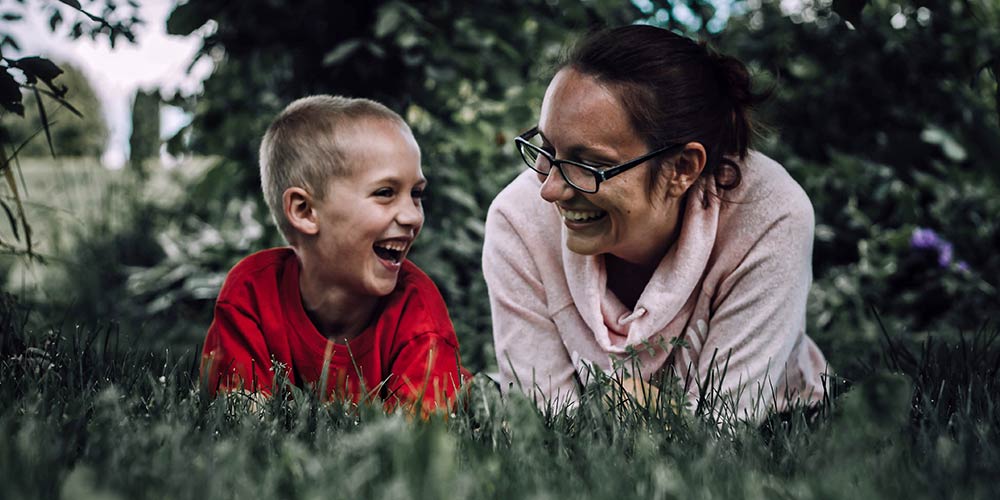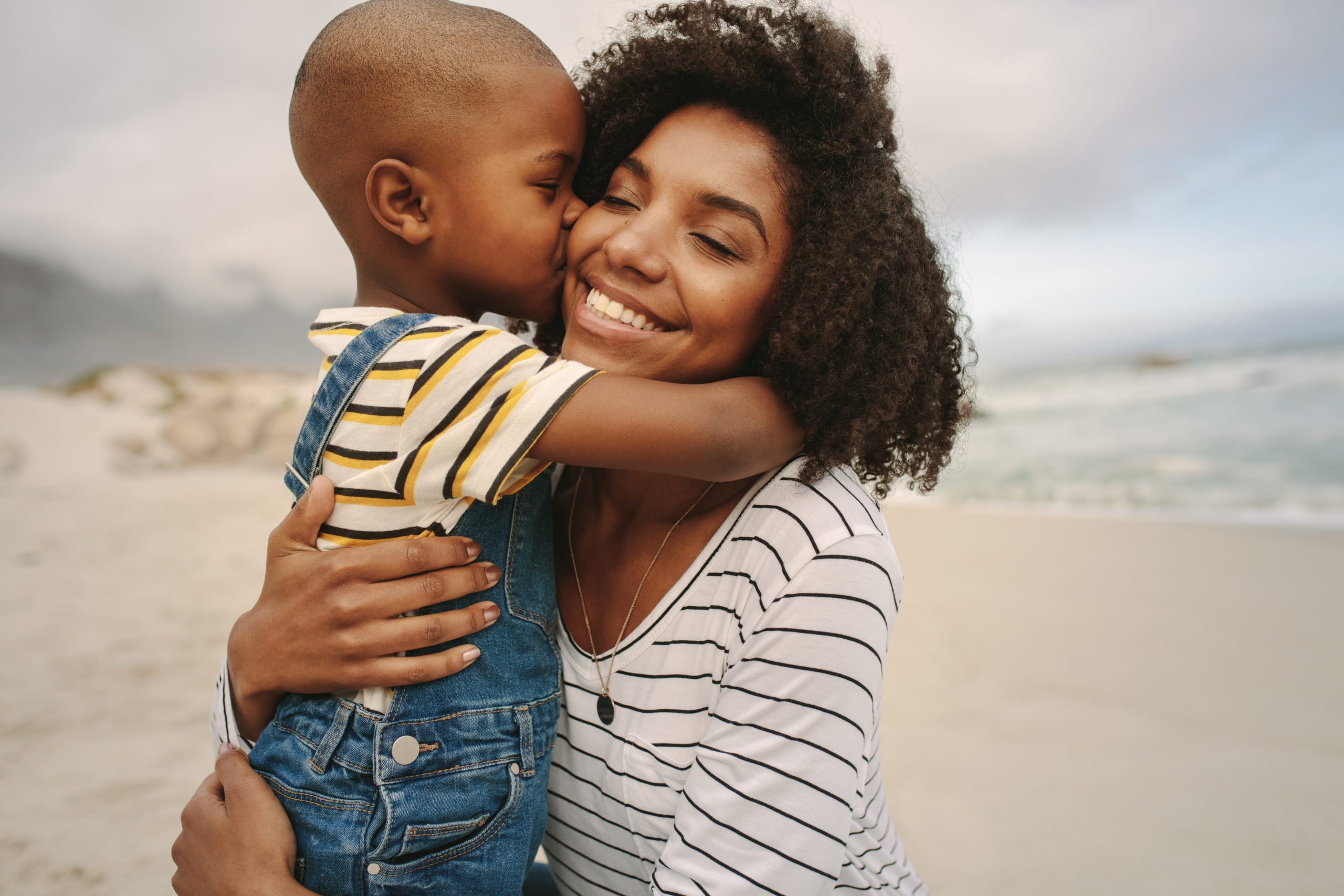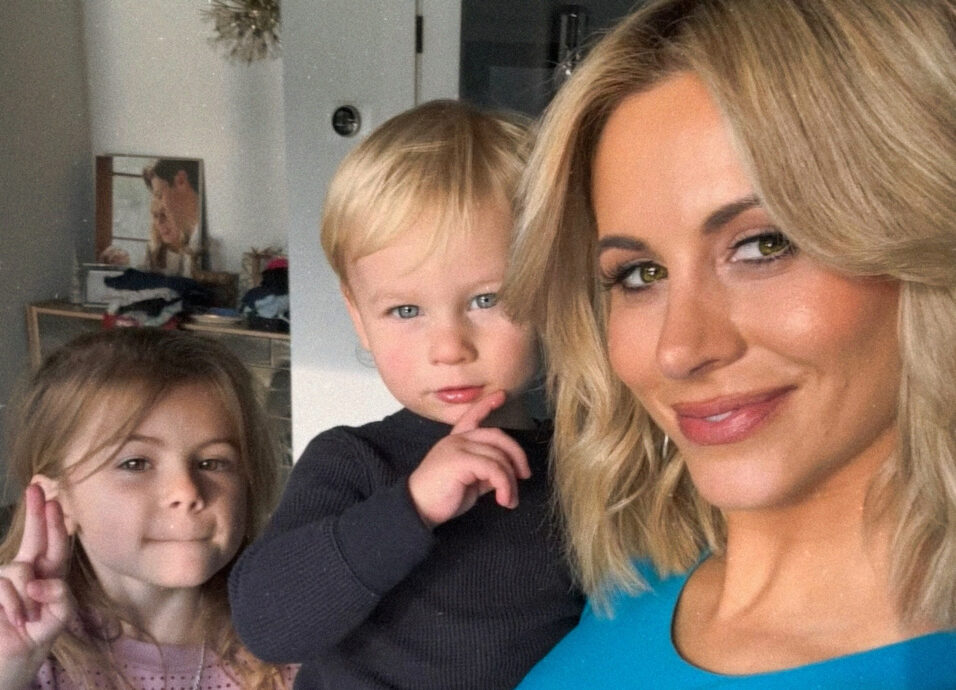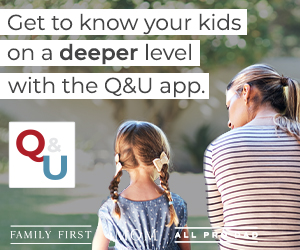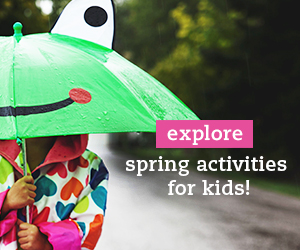In my 20s, I took a trip with two friends to a foreign city. After a long day exploring, three handsome locals approached us and offered to show us around. As night fell and the men led us in a confusing tangle of streets, something told me we’d better get back to our hotel. But one friend thought otherwise. She’d been cozying up to one of the guys and he unlocked a nearby car. “We’re going to a romantic overlook!” she called, hopping in the front seat. Before anyone could say a word, the door slammed and the car peeled away from the curb, disappearing into the darkness.
My friend’s decision to go off into the night with someone she’d just met didn’t go well. So, why did the alarm bells go off in my head and not in hers? This question has stuck with me over the years. I want my children to make good choices for themselves as they grow, and the training starts now while they’re young. Having a healthy fear of new places and people will help kids stay safe, but won’t hold them back from experiencing life. It’s about having awareness and thinking ahead, while sometimes proceeding with caution. Here are 3 ways to instill a healthy sense of fear in children—and why it’s important to start now.
1. Talk often with your kids when you’re out and about.
Point out everything from the store clerk to the wall signs to heighten awareness. Noticing even safe things can give kids a healthy sense of fear because they can learn to pick up on details. This helps kids with being more aware of their surroundings. “Look! Free samples at the deli counter. Wow—that little girl has the same shoes as you.” Small details can make a difference when you’re reading a situation.
We want our kids to know what to do if something unexpected happens. You don’t want to scare them, but you do want to prepare them because a prepared child is a confident child. Practice what-if scenarios: “What if you couldn’t find me? What if someone grabbed you?” Quiz the kids on your name and phone number.
2. Discuss what’s happening in the world around them.
My friend said when she drives by a reservoir, she’ll ask her kids, “Could there be a gator in there?” Living in Florida, it’s a real possibility! Danger could lurk beneath the surface. Another friend didn’t want me to tell her kids about the hawk that snatched a robin in our yard. “My kids were fascinated to learn about the food chain,” I told her, but she shook her head. The reality is harsh things happen in the natural world and hiding them from your child could be a disservice.
You don’t have to give all the details about the wildfires out west or the kidnapping in the store parking lot. But developing an awareness of what’s happening in the world is important for our kids so they have a healthy fear of what exists beyond our doors.
3. Try new things with them and expose them to new situations.
Taking healthy risks like swinging across the monkey bars or calling to order the family’s pizza are good confidence builders. Having kids take risks with you there also teaches them what they’re capable of so that when they’re on their own, they know what they can handle. “I’m right here,” you might say. You’re letting your child do something a little scary, but you’re not holding him or her back.
Healthy fear in children is going to protect them in situations they may not have experienced before. We want our kids to have a certain level of wariness to warrant an extra look or a second thought.
A Final Thought
Even with all our preparation, sometimes bad things still happen. And they’re out of our control. But if we teach our children a healthy fear of the world while they’re growing up and exploring under the safety net of our protection, they’re going to be better equipped to handle tricky situations on their own when the time comes.
We don’t want to steal our kids’ innocence too early. So at what age do you think moms should start developing a healthy sense of fear in children?

